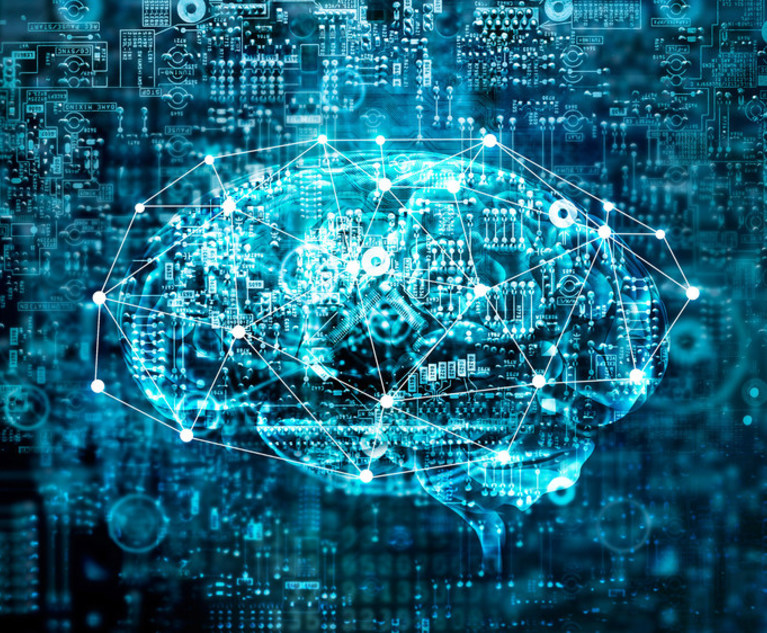In today’s e-discovery tech, artificial intelligence is being seen less but heard more. E-discovery software providers note that new AI and language models are revolutionizing e-discovery analysis and replacing the need to manually train e-discovery software.
“Older technology solutions for e-discovery focused on building models that would decide which documents to produce independently after training,” said Alan Lockett, senior director of research at e-discovery software and tech provider DISCO. “This approach had the disadvantage of expecting the lawyer to produce documents they had not read, and it also exposed the process to legal risk, since the opposing counsel could claim that the AI had been improperly trained and might demand to see the nonresponsive documents used to train the model. As a result of these drawbacks, adoption of these older AI systems was sluggish.”


 Photo: ipopba/stock.adobe.com.
Photo: ipopba/stock.adobe.com.





